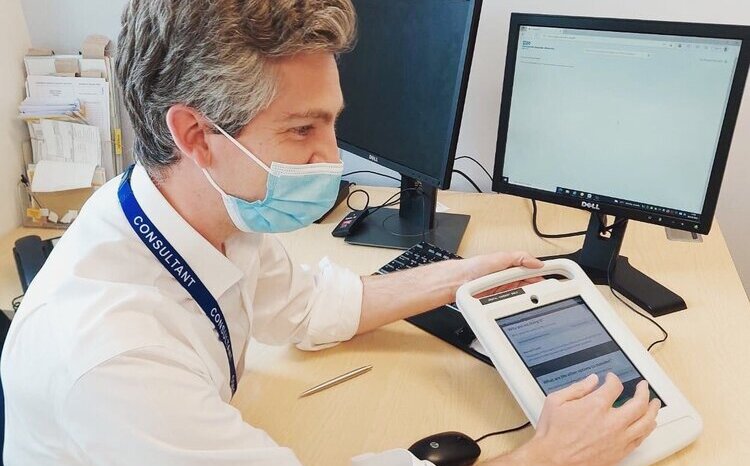Implied consent set to be scrapped for SCR
- 30 July 2008
The implied consent model for the Summary Care Record (SCR) looks set to be scrapped in favour of a simpler consent model following a recommendation from Connecting for Health’s advisory group.
Implied consent looks likely to be replaced by a model based on ‘consent to view’, providing a simpler more intuitive way for patients to decide who accesses their record.
The Summary Care Record Advisory Group, made up of key stakeholders for the SCR, has recommended that the NHS adopt a “refined consent model” for the SCR. The recommendation is now to be discussed with other stakeholders before a change is agreed, possibly by mid-September.
A spokesperson for NHS Connecting for Health (CfH) told EHI Primary Care: “We can confirm that our external stakeholder body, the Summary Care Record Advisory Group, has met and recommended that the NHS adopts a refined consent model, simplifying decisions for patients without removing the choices available. This would provide the protection they want over accessto medical records. We are discussing the recommendation with our key stakeholders to get their views about the proposed change.”
CfH is not releasing any more details on the proposed change but the advisory group was to hear recommendations from the SCR team including its views on the ‘consent to view’ model used for summary record projects in Wales and Scotland and highlighted by the evaluation report.
Dr Gillian Braunold, clinical director of the SCR, has said that she would find the ‘consent to view’ model acceptable as it would give wider control to patients who would be able to decide whether to give or withhold consent at every encounter.
The evaluation, which led to the advisory group reconsidering the consent model, found that the current consent model was too complicated for patients and the profession.
The existing ‘hybrid’ consent system used by CfH means that after information on patients’ medication, allergies and adverse reactions has been uploaded on an informed consent basis, further information on selected aspects of a patient’s medical history can be added in ‘phase 2’ with explicit consent.
The researchers reported: “There is a widespread desire from patients and staff for a simpler consent model.”
Fiona Barr




